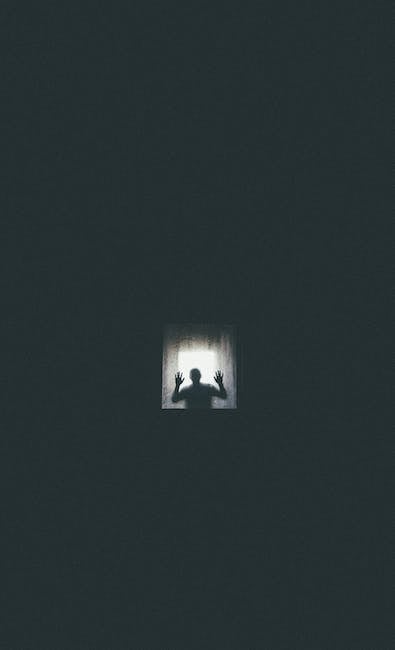Depression Versus Anxiety
Depression Versus Anxiety
Depression and anxiety are two of the most commonly diagnosed mental health disorders around the world. While many people use the terms interchangeably, the two conditions have unique characteristics and treatments. In order to better understand the differences between depression and anxiety, we need to look at how these problems manifest and the treatments for each.
Depression
Depression is a more persistent and chronic state of sadness and low mood. It may be described as “empty,” “hopeless,” or “unhappy.” People who suffer from depression may feel down all the time, lose interest in activities, have trouble sleeping, have changes in their appetite, and feel empty or lost. Symptoms of depression can last anywhere from a few weeks to months or even years. Treatment for depression can include cognitive-behavioral therapy, medication, or a combination of the two.
Anxiety
On the other hand, anxiety is a more intense mental health disorder associated with feelings of intense fear or worry. People who suffer from anxiety can experience physical symptoms such as increased heart rate, dizziness, and sweating. Anxiety can be short-term and is often caused by a specific event or situation. It can also be more persistent and generalized where it relates to more than one situation.
Treatment for anxiety typically focuses on finding ways to manage the stress and fear. This could include relaxation exercises, talk therapy, lifestyle changes, and medication.
Differences between Depression and Anxiety
While there are similarities between depression and anxiety, there are also important distinctions. Here are some of the differences:
- Longevity: Depression tends to be more persistent than anxiety, which can be short-term or more generalized but less persistent.
- Symptoms: The physical symptoms of anxiety are much more noticeable than those of depression. Anxiety is associated with a feeling of intense fear, whereas depression is more of a state of sadness or “emptiness”.
- Functioning: People with anxiety may be able to maintain more of their daily activities compared to those with depression, who may find it difficult to perform everyday tasks.
- Treatment: For depression, cognitive-behavioral therapy and medication are usually recommended, while anxiety is usually treated with relaxation techniques, lifestyle changes and medication.
When to Seek Help
If you or somebody you care about is experiencing any of the symptoms of either depression or anxiety, it is important to seek professional help. While it may seem daunting to take this step, it is the best course of action if you are having difficulty managing your symptoms. A professional can assess whether you have depression, anxiety, or both, and recommend the best treatment for your individual needs.
Conclusion
Depression and anxiety are complex mental health disorders that can be difficult to manage on your own. However, with the right support and treatment, you can begin to manage your symptoms and improve your overall quality of life. So, if you are struggling with depression or anxiety, take the first step and seek help from a qualified professional. It can make all the difference.
